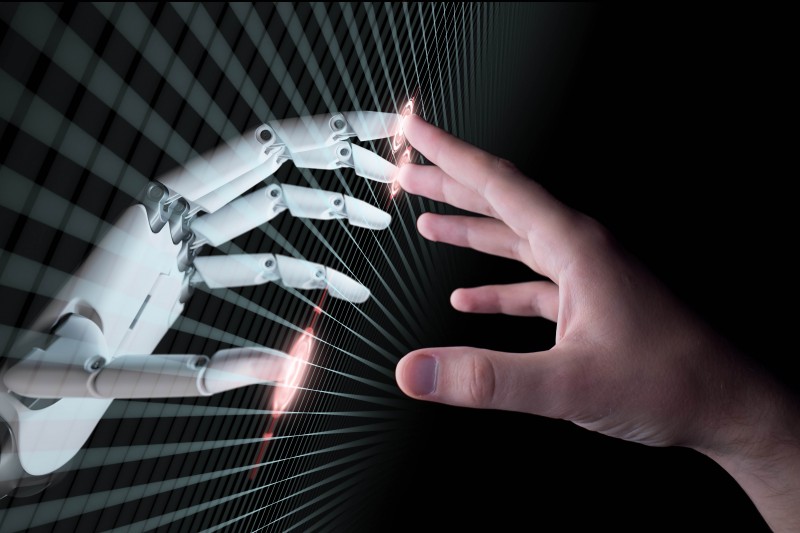The percentage of jobs requiring Artificial Intelligence (AI) skills have witnessed a nearly five-fold increase globally since 2013, experts revealed.
They also highlighted that as the role of Human Resources keeps evolving in the digital age and technologies like AI and machine learning gain more prominence, organisations in the Middle East will find more of their jobs and services being transformed by AI, according to WAM.
The remarks by HR and IT thought leaders came against the backdrop of the upcoming HR Tech MENA Summit 2018 organised by Dubai-based QnA International and officially supported by the UAE Ministry of Human Resources and Emiratisation which is scheduled to take place from 7-8 May 2018 in Dubai.
Even as the debate about the impact of Artificial Intelligence on employment and the workforce continues to engage analysts and tech experts, new research appears to indicate that AI will create more jobs than it destroys.
According to Gartner, AI is poised to create 2.3 million jobs, while eliminating only 1.8 million, and by 2022, one in five workers engaged in mostly nonroutine works will rely on AI to do their job.
Christian Kromme, renowned futurist and author of the international bestseller ‘Humanification: Go Digital, Stay Human’, who is one of the keynote speakers at the Summit, said, “AI and machine learning will totally change the way people interact with HR technology. For example, people will have their own intelligent coach that will motivate and mentor them to grow and develop in the desired direction. This coach will help people across their career and through multiple companies and organisations. Equally, AI and blockchain technology will enable organisations to manage large amounts of people working together in smart and fluid networks, a global workforce as a service.”
HR Tech MENA Summit 2018 will bring to the fore all of the trends and technologies shaping the future of work. Key topics of discussion at the Summit include, among others, AI, Robotics, cloud systems, Modern talent management practices, employee learning systems, the changes in traditional HR processes, systems and products, enhancing employee experience, and the importance of creating a happy workspace.





